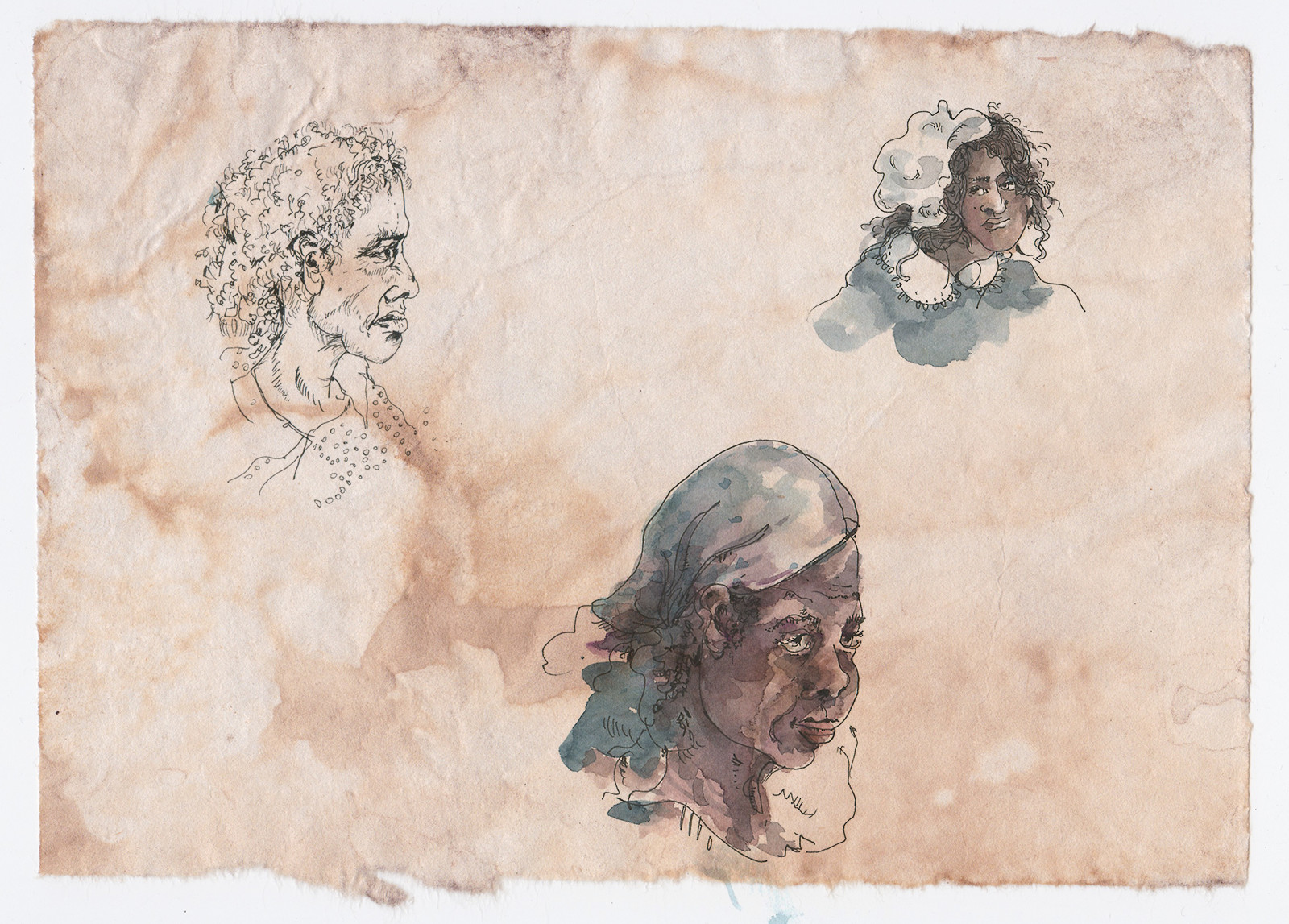I often see those wretches come off the ships; they stream in from slave markets in Lagos. What a pitiful sight. They have been removed of clothing—standing, squatting, waiting to be sold. They sometimes wail; the sound is a lance into my heart. I too was a slave, but my star is rising as a navigator, and the old goat Capitão Avãgelho is senile enough to let me get escape.
***
I dimly remember my own taking years before. I also came to Lisbon through the slave markets as a boy. I cried, just as they do, for my mother, for any god listening. The slavers, of course, split us up as they pleased. That is how I, a black African, came to be in Portugal; separated from my mother at an early age. There is an emptiness when I try to imagine her, but little else.
***
That is to be these people’s fate as well. Could you say I was complicit in their taking? The religious say, “Surely they are better off now.” They have the Lord, and if He is not enough, the Jesuits can take His place. Surely, they say, this life, however tortured, is better for their souls than the one they left in dark Africa. But only a free man can have these thoughts.
I wonder if my mother is better off. Every day, I hope to meet her again in a crowd, or coming off the docks, or from a storehouse. What tiny thing, what trinket, could I have saved from her, to remember her by?

